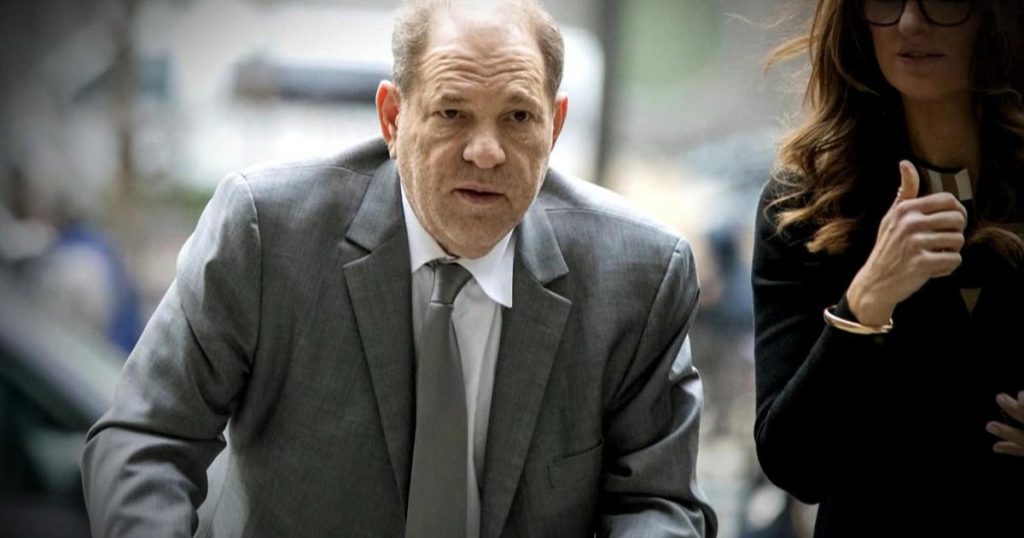On Thursday, the New York State Court of Appeals reversed Harvey Weinstein’s 2020 conviction, ruling that he did not receive a fair trial. The appeals court found that the judge in the case made a mistake by allowing testimony from women whose allegations were not part of the charges against Weinstein. The decision was made in a 4-3 vote, with the majority siding with Weinstein’s argument that this testimony prejudiced the jury against him. This decision has sparked controversy and raised questions about the future of the case.
The ruling by the appeals court has been met with mixed reactions, with some expressing disappointment and frustration at the decision. Many advocates for survivors of sexual assault are concerned that this decision could set a dangerous precedent for future cases involving powerful individuals accused of similar crimes. Some believe that this ruling may discourage other victims from coming forward and seeking justice, as it sends a message that their claims may not be taken seriously or given proper consideration in court.
Following the appeals court’s decision, there is uncertainty about what will happen next in the case against Harvey Weinstein. The ruling raises questions about whether Weinstein will face a new trial or if the charges against him will be dropped altogether. The decision has also sparked debate about the justice system and its handling of high-profile cases, particularly those involving allegations of sexual misconduct. Many are calling for reforms to ensure that all individuals, regardless of their status or power, are held accountable for their actions.
Harvey Weinstein’s legal team has welcomed the appeals court’s decision, claiming that it vindicates their client and proves that he did not receive a fair trial. They argue that the judge’s decision to admit testimony from unrelated accusers unfairly influenced the jury and prejudiced their client’s case. Weinstein’s team has expressed confidence that this ruling will lead to a more just outcome for their client and potentially clear his name of the charges brought against him.
In response to the appeals court’s decision, prosecutors have expressed disappointment and frustration at the outcome. They believe that the judge’s decision to admit testimony from additional accusers was crucial to establishing a pattern of behavior by Harvey Weinstein and demonstrating his guilt. Prosecutors are now considering their options moving forward, including the possibility of seeking a new trial or appealing the decision to higher courts. The case against Weinstein remains open, and there are still many legal and procedural hurdles to overcome before a final resolution is reached.
Overall, the appeals court’s decision to overturn Harvey Weinstein’s conviction has sparked debate and controversy about the justice system’s handling of high-profile cases. The ruling has raised questions about the treatment of victims of sexual assault in the legal system and the potential impact on future cases involving powerful individuals accused of similar crimes. As the case against Weinstein continues to evolve, there is uncertainty about what the future holds for both the disgraced former media mogul and the survivors who have come forward with allegations against him.


